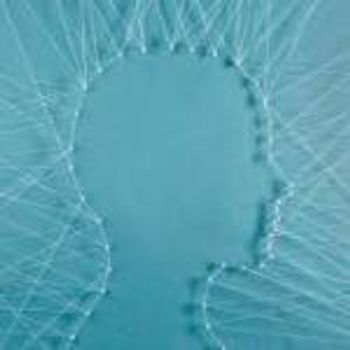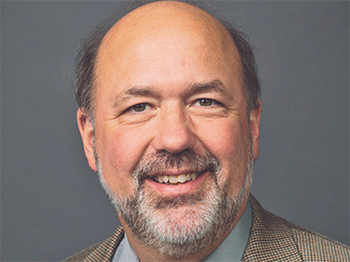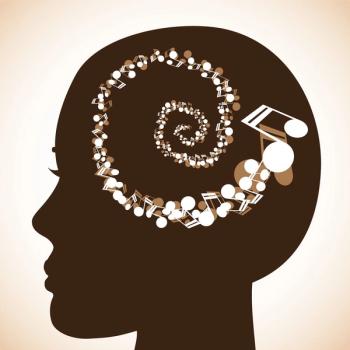
The 20th century introduced a number of new concepts to psychiatry and clinical psychology. One of the most influential has been the notion of personality.

The 20th century introduced a number of new concepts to psychiatry and clinical psychology. One of the most influential has been the notion of personality.

If psychiatrists can stand ready to help survivors of cults and kidnappings, and returning POWs, how is a child suicide-bomber applicant with approving parents any different?

Telepsychiatry has its origins in the 1950s and has moved from an esoteric curiosity to mainstream practice. However, it has been challenged along the way at many turns.

The author reminds us of our responsibility to make each decision and choose each action wisely and thoughtfully in life.

This article, the first of a three-part series, describes how hospital-based psychiatric EDs differ from community-based crisis centers.

This CME article discusses the pharmacokinetics of caffeine and its implications on anxiety.

By releasing old assumptions and brainstorming, it is possible to break the old models of private practice and find new ways to be productive within your practice.

Polypharmacy has been met with challenges because many practicing clinical guidelines and treatment algorithms prefer a monotherapy approach.

New findings on a not-so-new epidemic have two key implications for psychiatrists.

In a spirit of gratitude, here are eight of the many extraordinary advantages of being a psychiatrist.

The moment the maestro flicks his baton, an orchestra thunders and the pianist suffers a stroke. But everyone plays on...

Moving toward a bio-psycho-sociocultural model of major depression.